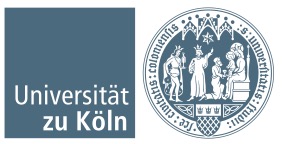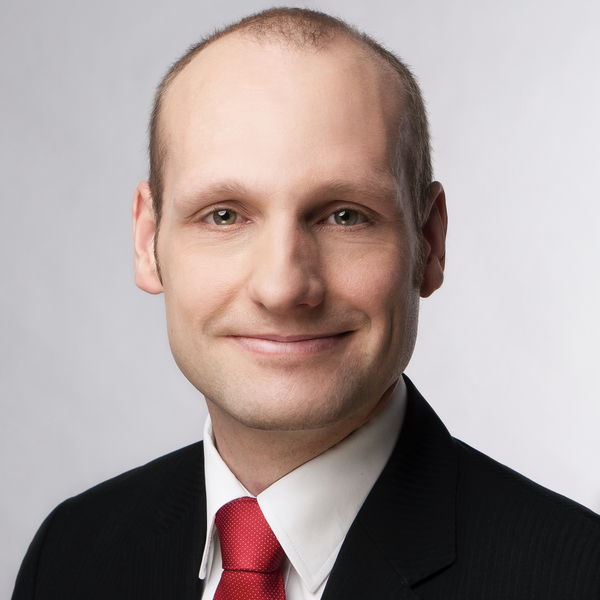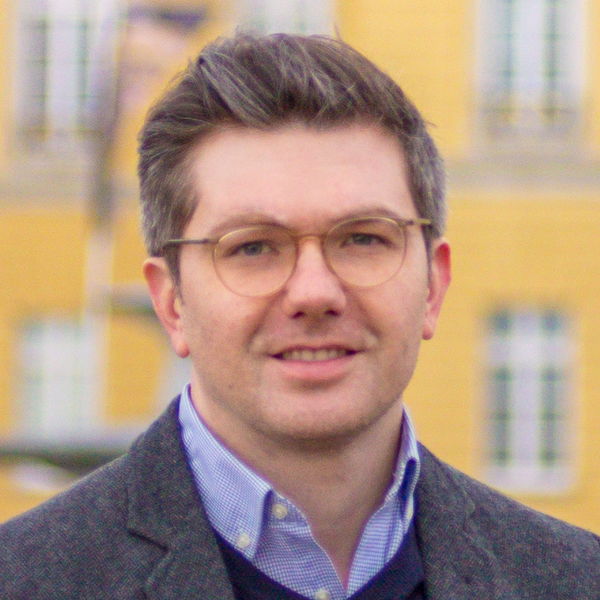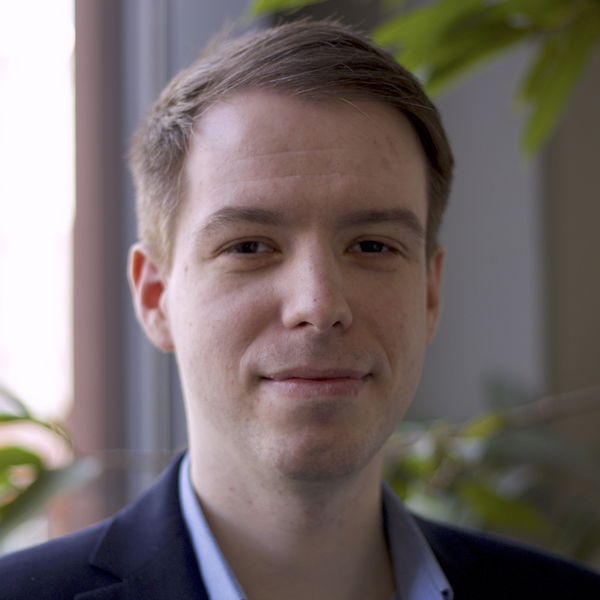Digital Transformation in Healthcare: Theoretical Perspectives and Conceptualization of Digitization Effects on Human Work in Healthcare
Universität zu Köln/Karlsruher Institut für Technologie (KIT)
Background
One of the most striking examples of digital transformation, with supposedly profound societal and organizational impacts, is the field of personalized medicine. The impact of new technology is huge in healthcare, for example, because genomic data (gene expression profiling and/or alteration detection) will certainly reach the clinical routine with the development of cheap deep sequencing technology and thus make personalized medicine available for everybody. However, digitization does not only have the potential to offer benefits.
For example, the changing care model due to personalized medicine is also expected to dramatically change the work practices and the economics of healthcare professionals. Entire medical professions may become obsolete or see their work practices turned upside- down. Even though we are facing striking and massive changes in healthcare due to digital transformation, we currently lack theories to guide us and help us to understand, describe, explain, and predict this phenomenon.
Research question
One theory that was designed to account for major transformations due to advanced technologies is Zuboff’s (1988) Theory of the Smart Machine (TSM). To date, however, researchers have not tested TSM. The objectives of this project are twofold. First, we test TSM within the healthcare domain. Second, we develop a new explanatory theory for the phenomenon of digital transformation in healthcare. If the first study does not support TSM, we have a theory grounded in the data that explains what is going on, and we can compare the successful theory with the unsuccessful TSM.
Regardless of the outcome, we will add to the cumulative tradition of studies on transformations. The results will contribute to the understanding of the effects of advanced IT and help investigating if and how the use of IT affects the work process and the development outcome and leads to changes in the work environment.
Approach
To achieve the first goal, a research model based on TSM is empirically and quantitatively tested in a real organizational context. To achieve the second goal, within the domain of health care and medical work, the effect of the introduction and use of a new digital IT artifact, genome sequencing, on the work processes of researchers and medical practitioners will be qualitatively investigated.



Prof. Dr. Christoph Rosenkranz
Universität zu Köln
Lehrstuhl für Wirtschaftsinformatik und integrierte Informationssysteme
Prof. Dr. Ali Sunyaev
Karlsruher Institut für Technologie (KIT)
Institut für Angewandte Informatik und Formale Beschreibungsverfahren (AIFB)
Scott Thiebes
Karlsruher Institut für Technologie (KIT)
Institut für Angewandte Informatik und Formale Beschreibungsverfahren (AIFB)



